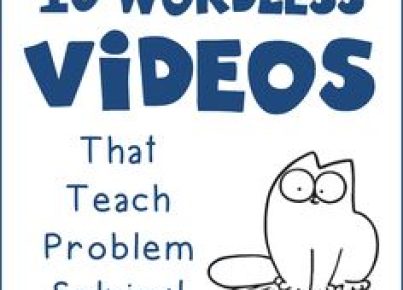Introduction:
Gun violence in schools has become an increasingly pressing issue in recent years, with tragic mass shootings highlighting the need for intervention and changes. As the individuals at the frontline of education, teachers are essential figures in this conversation. Their opinions regarding school safety, prevention, and response to gun violence are vital in crafting an effective strategy to protect students. This article aims to explore what teachers really think about gun violence in schools and their suggestions for potential solutions.
A Complex Problem:
For many teachers, gun violence in schools is a complex problem that requires a multi-faceted approach. They understand that the issue doesn’t come from a single source and that various factors contribute to it, such as mental health, lack of security measures, weak legal regulations around firearms, and societal glorification of violence.
The Need for Effective Mental Health Support:
Teachers are keenly aware that students experiencing mental health challenges may be at a higher risk of resorting to violence. As such, they emphasize the importance of offering comprehensive psychological support in schools, including increased access to trained mental health professionals, counseling services for students and staff alike, and education on recognizing signs of mental distress.
A Call for Increased School Security Measures:
Another aspect highlighted by teachers is the need for better school security measures. They suggest investing in trained security personnel, secure entrance mechanisms, more stringent identification of visitors on campus grounds, and creating a safe environment where students feel welcomed rather than threatened.
Debate Over Arming Teachers:
The proposition of arming teachers has sparked a spirited debate amongst educators. Some believe that being armed would enable them to protect their students during an active shooter situation. In contrast, others argue that introducing firearms into schools only increases the potential for accidental or intentional harm and creates additional stress on teachers who are already tasked with a multitude of responsibilities.
Background Checks and Stricter Gun Control Laws:
Many educators point towards stricter background checks and more robust gun control laws as one potential way to reduce gun violence in schools. They advocate for policies like improved background check systems, mandatory waiting periods for firearm purchases, and raising the age limit for gun ownership.
Promoting a Healthy School Culture:
Teachers maintain that fostering a positive school culture is essential in preventing violence. By creating a supportive environment that emphasizes empathy, respect, and inclusivity, students are less likely to feel isolated or resort to violent acts. Teachers also recommend implementing peer mediation programs, which empower students to resolve conflicts and maintain healthy relationships.
Conclusion:
The opinions of teachers regarding gun violence in schools are diverse but unified in the desire to protect their students. As key stakeholders in the education system, their insights into potential solutions like mental health support, enhanced security measures, stricter gun control laws, and promoting a healthy school culture cannot be ignored. Crafting effective strategies requires collaboration between educators, lawmakers, administrators, parents, and students themselves to ensure the safety and well-being of every individual within our schools.





